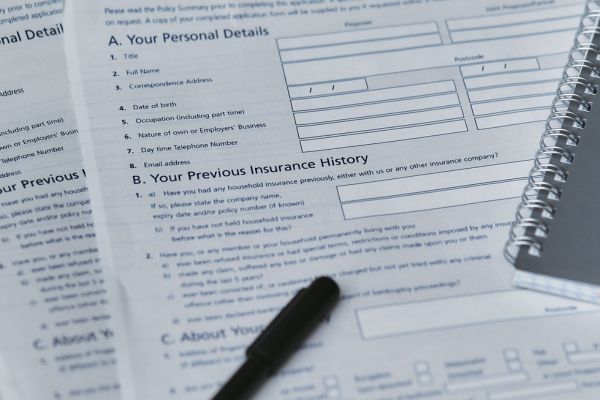Business insurance is your shield against the unpredictable, safeguarding your enterprise from financial and operational setbacks.
In the world of business, risk is an inherent factor that entrepreneurs must navigate. While you can’t eliminate all uncertainties, you can certainly mitigate them.
In this comprehensive guide, we’ll walk you through the intricacies of business insurance, offering expert insights, practical advice, and answering common questions to help you make informed decisions.
Business Insurance: A Crucial Safety Net
Before diving into the details, let’s first understand what business insurance is. Essentially, it’s a contract between a business and an insurance company. The business pays regular premiums, and in return, the insurer provides coverage for various risks and liabilities. Having the right insurance can mean the difference between your business thriving and facing insurmountable challenges.
Key Steps to Ensure Adequate Business Insurance
1. Assess Your Needs
Business insurance is not one-size-fits-all. Your insurance needs depend on your industry, size, and location. Start by assessing your business operations and potential risks. Consult with a trusted insurance advisor to identify the specific coverages you require.
2. Choose the Right Type
There are various types of business insurance, including general liability, property insurance, workers’ compensation, and more. Select the policies that align with your business’s unique requirements.
3. Review Policy Limits
Be sure to carefully review the policy limits. Under-insuring your business can lead to financial strain in the event of a claim, while over-insuring can result in unnecessary expenses. Strike a balance that provides ample coverage without breaking the bank.
4. Understand Deductibles
Deductibles are the amount you’re responsible for paying before your insurance coverage kicks in. High deductibles typically mean lower premiums, while lower deductibles result in higher premiums. Consider your financial capability when choosing a deductible that suits your business.
5. Shop for Competitive Rates
Don’t settle for the first insurance quote you receive. Shop around, compare rates, and negotiate with insurers. This can save your business significant money over time.
6. Review Your Policy Annually
Your business is not static, and your insurance needs may change over time. Make it a practice to review your policies annually to ensure they still provide adequate coverage.
7. Mitigate Risks
Taking proactive steps to minimize risks within your business can lead to lower insurance premiums. Safety measures and training programs can make a substantial difference.
8. Bundle Policies
Many insurance providers offer discounts for bundling multiple policies. Consider consolidating your coverages with a single insurer to save money.
9. Seek Legal Advice
If your business is involved in complex contracts or high-liability situations, consult legal counsel to ensure your insurance adequately protects your interests.
10. Establish a Contingency Plan
In the unfortunate event of a claim, having a contingency plan in place can expedite the recovery process and minimize disruptions to your business operations.
Conclusion
Protecting your business with the right insurance is not just a legal obligation; it’s a strategic move to secure your investment.
By following these crucial steps, you can ensure your business is adequately covered and prepared for any unexpected challenges that may arise. Remember, business insurance is not an expense; it’s an investment in the longevity and success of your enterprise.
Frequently Asked Questions
What are the common types of business insurance?
Common types of business insurance include general liability, commercial property, workers’ compensation, and professional liability insurance.
How do I determine the right amount of coverage for my business?
Assess your business’s specific needs and consult with an insurance expert to determine the appropriate coverage levels.
Can I change my insurance policy during the coverage period?
Yes, you can often adjust your policy as your business evolves. It’s advisable to review your coverage annually.
What is a business owner’s policy (BOP)?
A Business Owner’s Policy combines general liability and property insurance, offering a cost-effective solution for small businesses.
Is business interruption insurance necessary?
Business interruption insurance is vital, as it provides coverage in the event of disasters or unforeseen circumstances that disrupt your operations.
How can I lower my business insurance premiums?
You can lower your premiums by implementing safety measures, bundling policies, and shopping for competitive rates.






